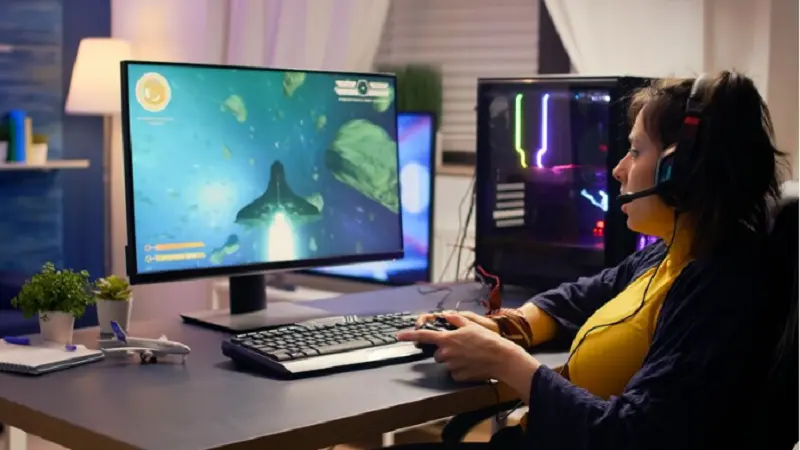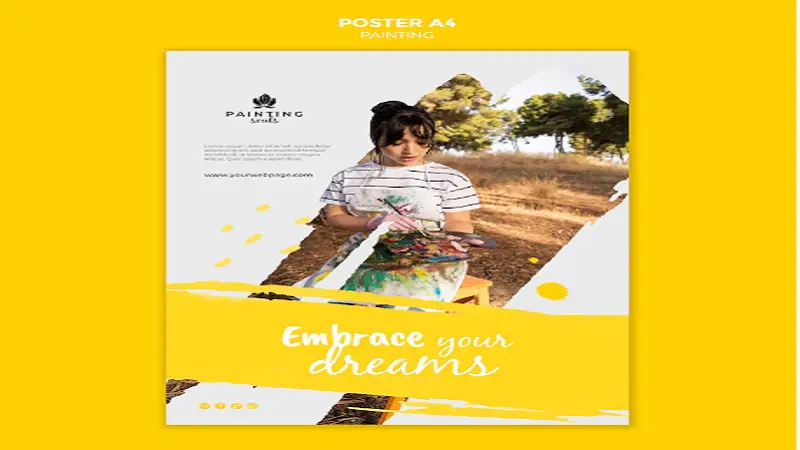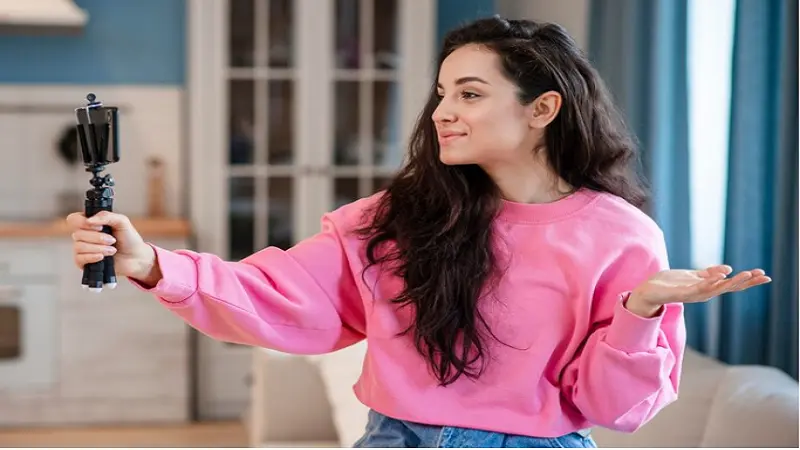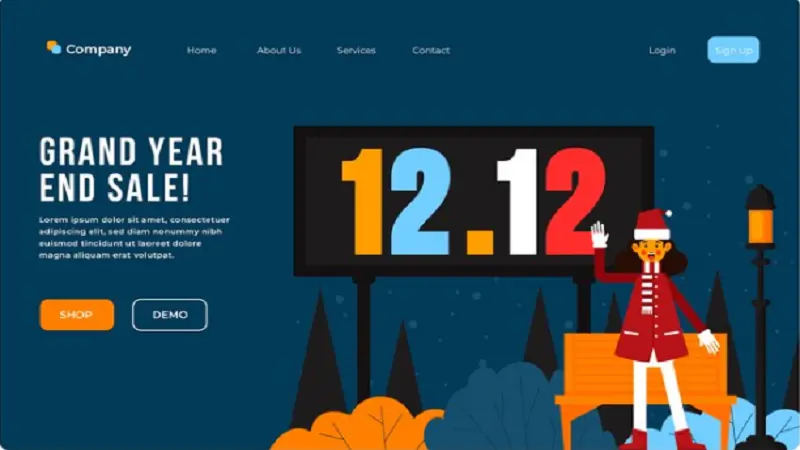In the age of social media and instant connectivity, privacy has become a significant concern for many influencers and public figures. One name that has recently been at the center of a controversy is Mikayla Campinos. The buzz surrounding the “Mikayla Campinos leaked video” has ignited discussions about privacy, consent, and the repercussions of digital exposure. This article aims to explore the background of Mikayla Campinos, the context of the leaked video, its implications, and the broader issues surrounding online privacy.
Who is Mikayla Campinos?
Mikayla Campinos is a prominent social media influencer known for her engaging content on platforms like TikTok, Instagram, and YouTube. She gained popularity for her creative videos, often centered around lifestyle, fashion, and relatable humor. With millions of followers, Mikayla has built a brand that resonates with a young audience, particularly Gen Z.
Mikayla’s rise to fame began with her ability to connect with her audience through her authentic personality. Her content often reflects her everyday life, struggles, and triumphs, making her relatable to many. However, with fame comes scrutiny, and as her follower count grew, so did the challenges that accompany public life.
The Incident: What Happened?
The leaked video in question reportedly showcases a private moment of Mikayla Campinos. The details surrounding the video’s leak are murky, but it is widely believed to have been shared without her consent. This incident has raised alarm bells regarding digital privacy and the ethics of sharing private content online.
While the specific content of the video may vary according to various reports, the core issue remains the same: it was meant to be private and was shared in a manner that violates her autonomy. The repercussions of such leaks are profound, impacting not just the individual involved but also the wider community of influencers who face similar threats.
The Reaction
As news of the leaked video spread across social media platforms, it generated a mixed bag of reactions. Supporters of Mikayla rallied around her, condemning the invasion of her privacy and urging people to respect her boundaries. Many expressed solidarity through hashtags and supportive messages, emphasizing the importance of consent and the detrimental effects of online harassment.
Conversely, the situation also attracted negative attention. Some individuals engaged in discussions that trivialized the incident or focused on sensationalizing the leak rather than considering its implications. This dual reaction highlights the complex nature of social media, where support and criticism coexist, often leading to a polarized discourse.
Privacy in the Digital Age
The incident involving Mikayla Campinos underscores a larger societal issue: the struggle for privacy in the digital age. As individuals increasingly share personal moments online, the line between public and private blurs, leading to potential vulnerabilities.
The Importance of Consent
Consent is paramount in any relationship, including those formed online. When individuals share private moments, it is essential that they have full control over who sees that content and how it is disseminated. The leaking of a video without permission is not just a violation of privacy; it also erodes trust and can have long-lasting psychological effects on the person involved.
The Role of Social Media Platforms
Social media platforms have a crucial role to play in protecting their users. While many have implemented policies to combat harassment and the sharing of non-consensual content, enforcement often falls short. The algorithms that govern what content is shared and promoted can inadvertently amplify harmful material, making it difficult for victims to regain control over their narratives.
Mental Health Implications
The psychological impact of a leaked video can be devastating. For someone like Mikayla, who has built her career on a public persona, the sudden exposure of private moments can lead to anxiety, depression, and a profound sense of vulnerability. The pressures of public scrutiny can compound these feelings, leading to a negative spiral that affects both personal and professional aspects of life.
The Legal Landscape
In many jurisdictions, sharing private content without consent can have legal ramifications. Laws regarding privacy and digital content vary widely, but there are growing movements advocating for stronger protections for individuals in the digital space. Understanding the legal implications of such leaks is essential for influencers and everyday users alike.
Current Laws and Protections
Some countries have enacted specific laws to address non-consensual sharing of explicit content, often referred to as “revenge porn” laws. These laws aim to hold perpetrators accountable and provide victims with recourse. However, enforcement can be inconsistent, and many victims may feel deterred from seeking legal action due to fear of retribution or further exposure.
The Need for Comprehensive Reform
There is a growing consensus that more comprehensive legal frameworks are necessary to protect individuals from privacy violations in the digital space. Advocates argue for clearer definitions of consent, more robust enforcement of existing laws, and the development of new legislation that addresses the unique challenges posed by the digital age.
Moving Forward: Support and Empowerment
In the wake of incidents like the leaked video involving Mikayla Campinos, it is essential to foster a culture of support and empowerment. Here are some ways the community can rally around influencers and individuals facing similar challenges:
Building Awareness
Education about digital privacy, consent, and the implications of sharing content online is crucial. Social media platforms, schools, and community organizations can play a role in educating users about their rights and the importance of consent.
Supporting Victims
Creating safe spaces for victims to share their experiences and seek support is vital. Online support groups, counseling services, and community outreach can help individuals navigate the emotional turmoil that often accompanies such incidents.
Advocating for Change
Encouraging conversations around digital rights and advocating for stronger protections can lead to meaningful change. Supporting organizations that focus on privacy rights and lobbying for legislative reforms can amplify the message that privacy is a fundamental right that must be upheld.
Conclusion
The leaked video involving Mikayla Campinos serves as a stark reminder of the complexities surrounding privacy in the digital age. As social media continues to shape our interactions and perceptions, it is essential to prioritize consent, advocate for robust legal protections, and support individuals who find themselves at the center of such controversies. By fostering a culture of respect and understanding, we can work towards a safer online environment for everyone.














